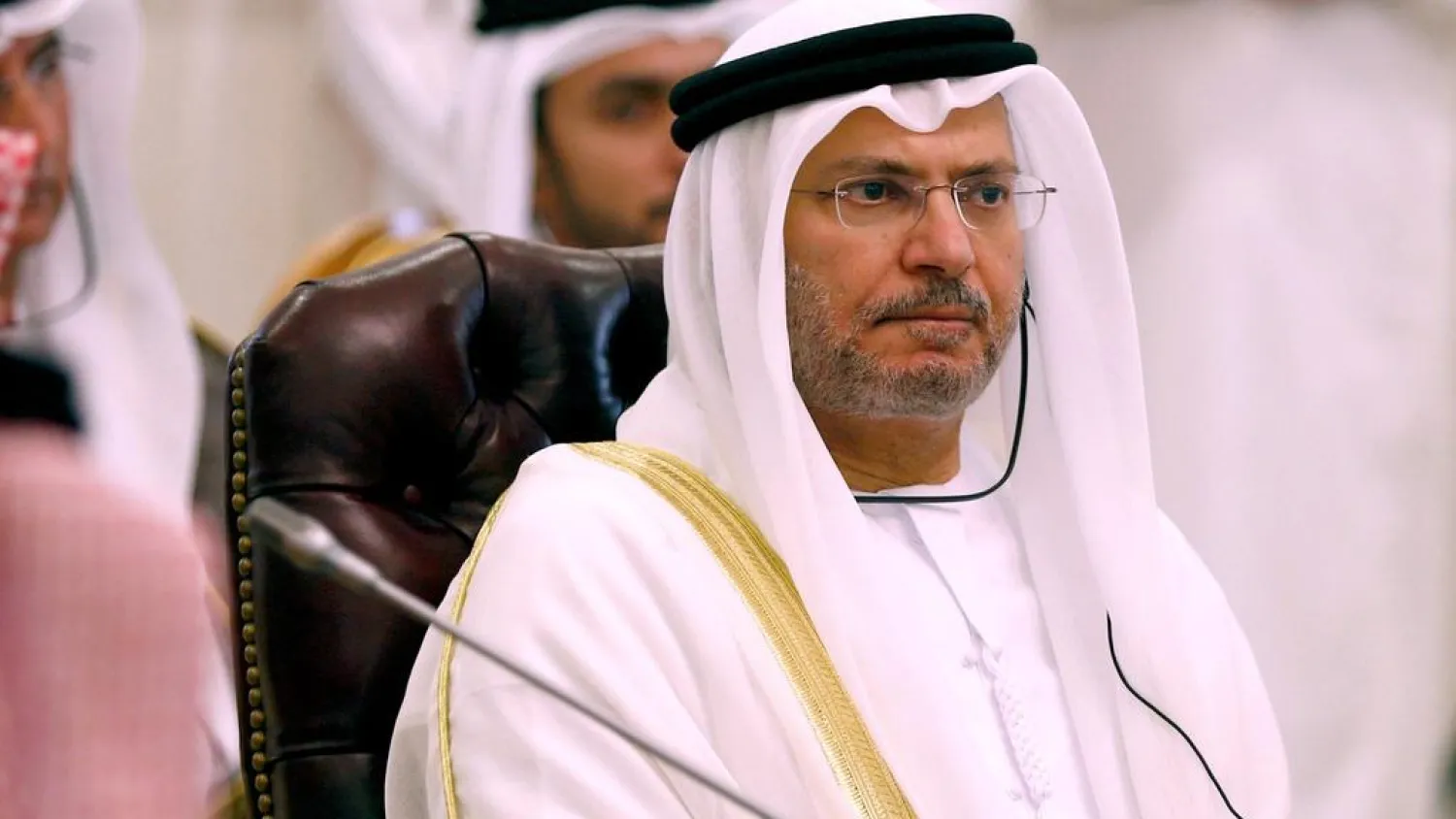UAE will not remain idle under the shadow of Iran's threat, Dr. Anwar Mohammad Gargash, State Minister for Foreign Affairs, told the 4th Abu Dhabi Strategic Debate.
Gargash declared that there are three factors that have the potential to provide opportunities for political progress in Yemen, Libya and Syria. There factors are: international awareness of Iranian intervention in the Arab region, huge relapse of extremist groups and flagging Qatari support to terrorism.
“It is only by adopting a strategy focused primarily on achieving stability, that we will be able to alter the current trajectory. In the UAE’s view, the success of this strategy depends on there being a strong and developing Saudi Arabia, and a stable, robust Egypt,” he stated.
Some participants saw that Iran’s attitude in the region mixes the offensive and defensive strategies, without having a clear vision. Other attendees, however, thought that the Iranian attitude is pretty clear but there is an absence of an Arab strategy to confront it.
Noura al-Kaabi, Minister of Culture and Knowledge Development, believed that the achievements gained through soft power should be protected by hard power, using the example of the UAE’s participation in the international coalition against ISIS, which is one form of protecting the elements of soft power: moderate Islam.
Dr. Ebtesam al-Ketbi, President of the Emirates Policy Center, spoke of the most prominent elements of soft power in the UAE, demonstrated by its being the only successful model of a federation in the region, in addition to its economic success, good governance, and openness to globalization and support for moderate Islam.
Kaabi also shed light on the main elements of soft power in the UAE, represented by education and knowledge, media management in the 21st century, in addition to the third element of continuous training to spread skills and develop them.









